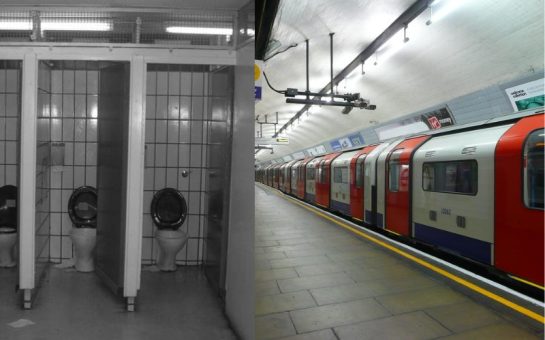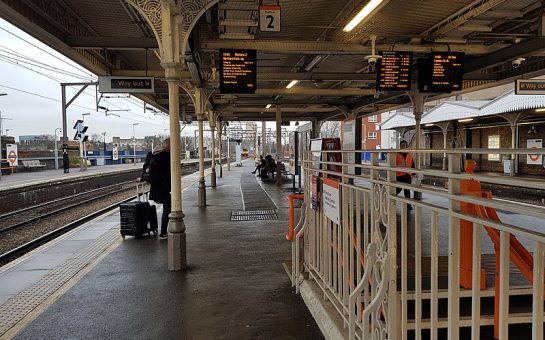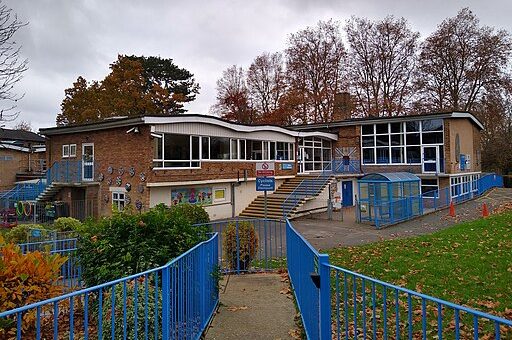The Mayor was criticised by assembly members for fares jumping up by 56%.

Boris Johnson came under fire from assembly members last week over the high public transport prices.
He was criticised for a 10% increase in tube delays yet fares “jumping up” a supposed 56%.
Councillor Valerie Shawcross was particularly forthright, lambasting fare prices given TFL’s £728million operating surplus.
Fellow Labour assembly member Navin Shah also criticised the mayor, claiming he had priced and isolated those who most need public transport out of using it.
The Mayor claimed the operating surplus was needed for further transport improvements, so London does not “stagnate”.
“You are economically illiterate,” he told Cllr Shawcross.
He argued that in 2004 Ken Livingstone similarly promised to “slash” fares – supposedly a cynical bid for re-election – yet broke this promise.
“If you monkey around with fares for political allegiances, it is fundamentally inimical to London travellers,” Mr Johnson explained.
“It is not a sensible policy for transport – it is cynical electioneering.”
Mr Johnson explained over the last 60 years London public transport fares have risen at an average of 2% above RPI (a measure of inflation).
He added his mayoralty was in line with this, and previous administrations’ attempts to keep fares much lower than this amount to idealism or mere politicking.
Mr Johnson was very proud of the fact that London’s bus fares were among the cheapest for British cities and that Oyster Pay As You Go had been extended to all services.
This means South West Londoners, without direct access to tube beyond Wimbledon or Richmond (District line), Morden (Northern) or Brixton (Victoria), can travel up to around five miles for only £1.30.
Train travel in South West London, however, is significantly higher.
Users journeying with a Pay As You Go Oyster from a zone 4 station can expect singles to stations in the same or neighbouring zones to come in at around £1.70 or £2.30, depending on time of journey.
Trips to outer London or central London are much more – a return to Shepperton is £6.80 and a return to Paddington a hefty £9.20 at peak time.
Research shows that ‘door-to-desk’ cost of commuter journeys from outside London could rise to nearly £10,000, as car parking charges will rise and season tickets and travel passes by 8%.
South West Londoners have mixed thoughts on the issue, some saying it is too expensive and confusing, but others echoing Mr Johnson’s sentiments that the prices are necessary and that bus prices are reasonable.
“Yes, I think it is too high,” John Burrows, 28, of Copse Hill, said.
“It’s annoying that the tube doesn’t extend out here, but this is the suburbs isn’t it. It’s a kind of tax on where you live which is quite annoying.
“Having said that, I’m kind of taking for granted the fact that I live in an urban area when it’s a lot worse in the country.
“I used to live in the country, near Norwich, and there I’d spend £50 on petrol a week and the commute was just as long as it is to Camden.”
Mr Johnson’s grand statement was that he wants to “make London more competitive for years to come”. Londoners will have to wait to see at what price.




